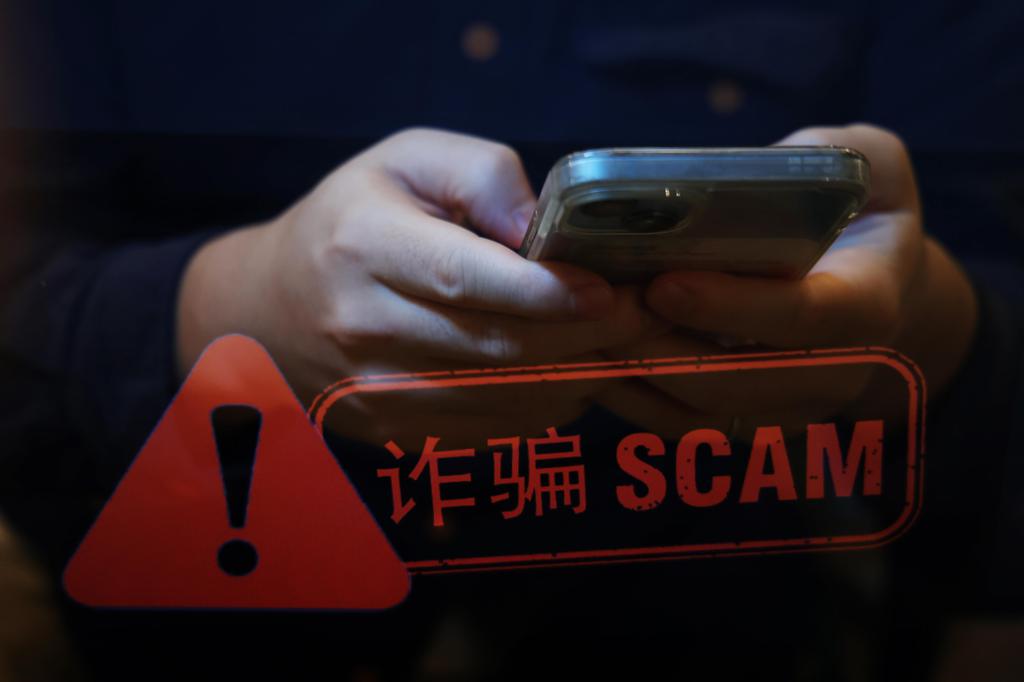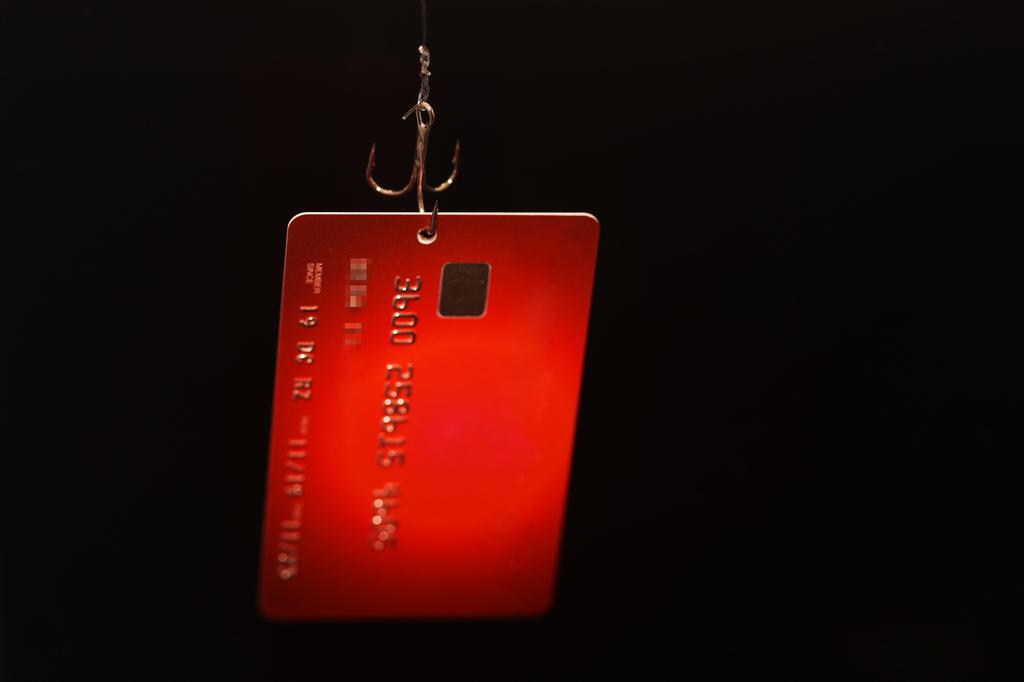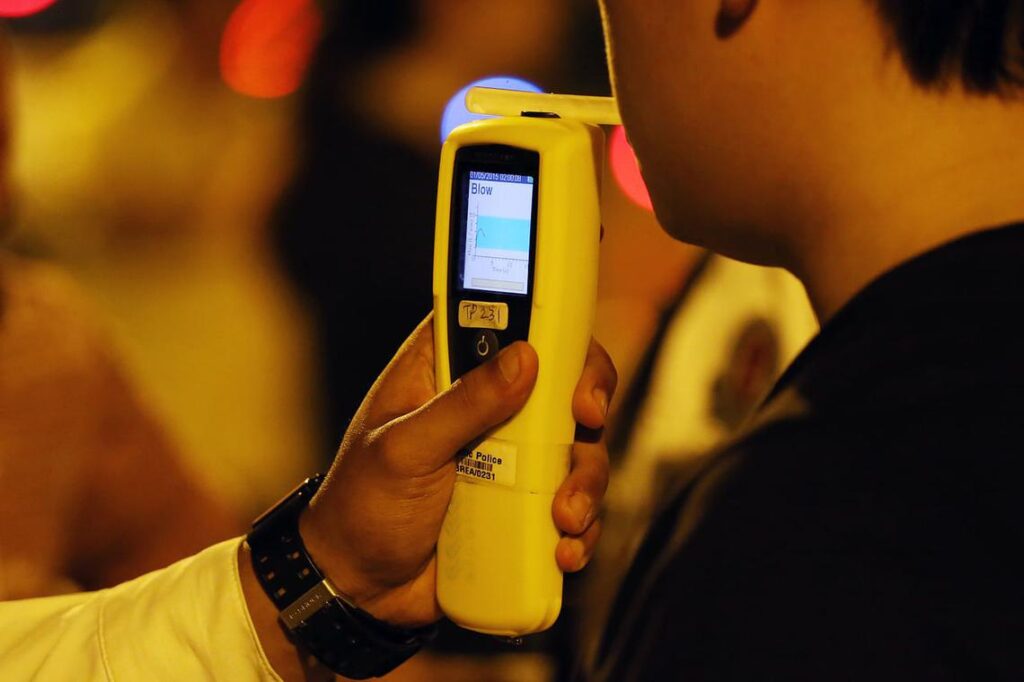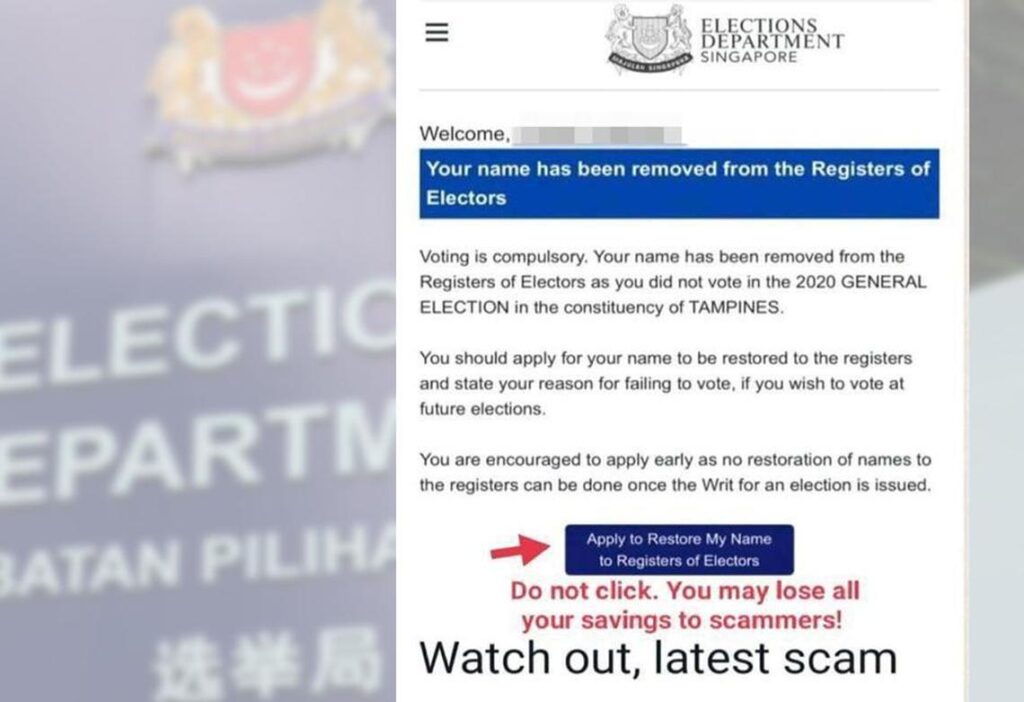No products in the cart.
Three men were arrested and charged to court on Thursday (February 20) for suspicion of handing over the phone card for criminals to commit fraud and illegal loans.
Police Force issued a statement on Wednesday (19th) saying that three men aged 29 to 33 were accused of providing 10 to 30 postpaid SIM cards to criminals in exchange for cash or the Internet. Gambling points. These phone cards were later used by criminals to defraud and borrow illegally.
Police pointed out that the 33-year-old man was also suspected of handing over Singpass information and allowing illegal lending gangs to register for more phone lines to advertise.
The three will be charged Thursday under the Miscellaneous (Public Order and Nuisance) Act. The 33-year-old man faced 19 additional counts of violating the lender's law, accusing him of assisting with illegal lending business.
Under the Miscellaneous (Public Order and Nuisance) Act, providing fraudulent registration telephone cards to others to assist in the crime and profit from it. Once convicted, they may face a fine of up to RMB 10,000, or jail for up to three years, or both Provide.
Further reading
Imitated as a personal capital protection committee to cheat at least four reports this year and suffered losses of more than 230,000 yuan.

Credit card information was abused and added to e-wallet police received 656 reports in three months

According to the Lenders Act, if a crime is convicted of assisting with illegal lending, first offenders may face up to four years in prison, fines of RMB 30,000 to RMB 300,000, and whip up to six times.
Congress passed the Law Enforcement and Other Affairs Act on April 2, 2024. The new law came into effect on January 1 this year. All three abuses of local phone cards constitute criminal offences, namely, giving personal information to strangers to register phone cards, or selling phone cards registered in one's own or others' names; Receive, provide or own other person's phone cards for reasons; assist others in illegally registering phone cards as merchants.
Charity In China ,charityinchina.cn







